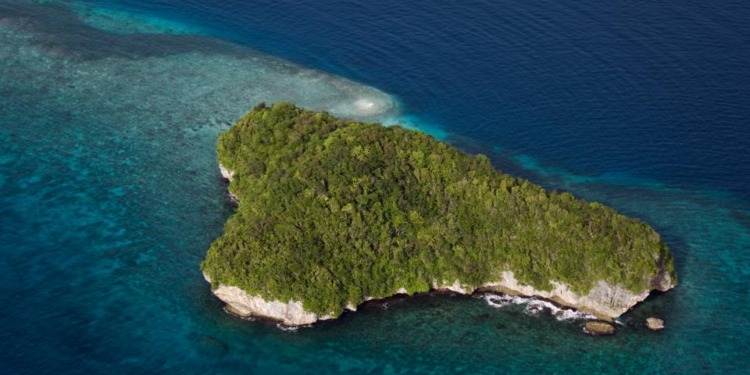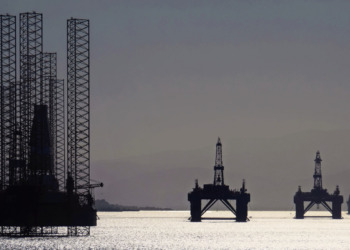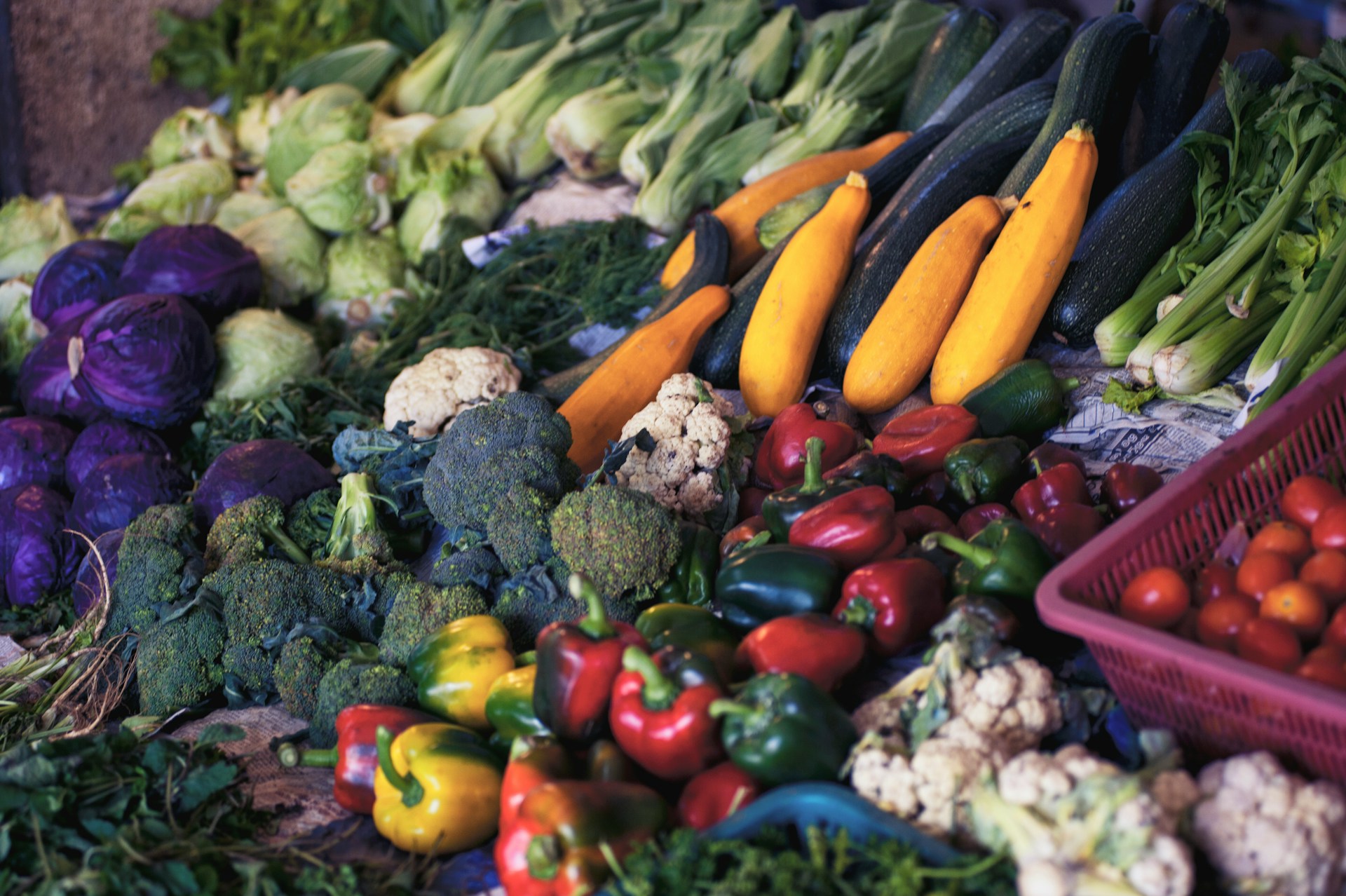Despite the International Panel on Climate Change’s clear warnings on the extreme dangers of exceeding 1.5°C warming compared to pre-industrial levels, progress on new, more ambitious 2030 climate targets has stalled since COP26 in Glasgow.
As a result, pacific island leaders have been desperately trying to draw attention to the impacts of climate change on their nations. Their attempts, however, have largely been met by slow-moving international climate negotiations and the continued use of fossil fuels.
Consequently, interest in using legal levers to force large polluters to take action has grown.
For the past year, Vanuatu, a South Pacific Ocean nation made up of roughly 80 islands that stretch 1,300 kilometers, has been trying to build a coalition to get the world’s highest court to issue a legal statement, or an “advisory opinion,” on climate change.
On Monday, several countries and territories in the Pacific region, including Australia and New Zealand, made public their support for the initiative soon after the Pacific Islands Forum meeting in Suva, Fiji, which concluded on July 14.
Vanuatu is hoping to get the International Court of Justice (ICJ) to issue an opinion on the obligations countries have to protect the rights of “present and future generations against the adverse impacts of climate change.”
To achieve this, Vanuatu has to get enough United Nations General Assembly (UNGA) members to vote in favor of its idea to urge the ICJ to act. Monday’s announcement makes it increasingly likely that Vanuatu may be able to gather enough support to make that happen.
This is particularly important today, when one half of humanity, as the UN estimates, is “15 times more likely to die from climate impacts such as extreme heat, floods and drought” than the other half.
“People in Africa, South Asia and Central and South America are 15 times more likely to die from extreme weather events. This great injustice cannot persist,” UN Director-General Antonio Guterres told government representatives at the Petersberg Climate Dialogue in Berlin on Monday.
Although it wouldn’t be binding, the ICJ opinion could spur climate action and help to hold the high-emitting countries accountable for their contributions to climate change that is now disproportionately affecting the developing countries (and especially island nations), which have done the least to cause it.
As one of the 27 law students who initiated the campaign told AFP – 26-year-old Vishal Prasad – the hope is that the ICJ’s opinion would “put polluters on notice” and have “wide-reaching impacts.”
As he pointed out, the reality of climate change for young people in the Pacific is “quite scary,” posing a true “existential threat.”
Editor’s Note: The opinions expressed here by Impakter.com columnists are their own, not those of Impakter.com – In the Featured Photo: Small Island Developing States (SIDS) are a distinct group of 38 UN Member States and 20 Non-UN Members/Associate Members of United Nations regional commissions that face unique social, economic and environmental vulnerabilities. Photo credit: UN News.









